Getting a comfortable night's sleep during a heatwave can sometimes be incredibly difficult, but this fan trick can help give you a good night's sleep.
Just place a standing fan in front of an open window. But instead of pointing the fan inward, turn it so it points outward toward the open window, according to Dengarden magazine (USA).
Having a fan pointed out of a window may seem counterintuitive, but according to New Zealand-based eco-design consultant Nelson Lebo, it's "the best, low-cost, highly effective technique for keeping a bedroom cool," according to the Independent.
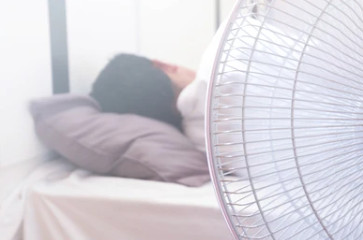
This Fan Tip Can Help You Get a Good Night's Sleep
Expert Lebo recommends placing a fan in a window on the shady side of the house as soon as the outside temperature drops below the indoor temperature (usually at night).
This creates cross ventilation, bringing cooler air from outside into the home while pushing hot indoor air out.
Cross ventilation is a natural or engineered process where cooler air replaces warmer air in a home, says expert Lebo, according to LadBible.
The principle of cross ventilation uses the relationship between hot and cold. If the outside temperature is lower than the inside temperature of your home, cross ventilation is easy to implement!
The fan's job is to create cross ventilation. It will also draw air around the corners of your home.
The goal is to pull hot air out and pull cool air in when the outdoor temperature drops below the indoor temperature.
This unique method is easier than some other heatwave solutions, like placing ice in front of a fan or freezing sheets and blankets before bed.
It can also help reduce discomfort while sleeping by having the fan blowing on you all night, according to the Independent.
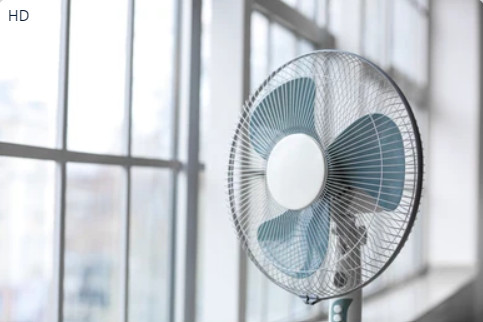
Pointing a fan out the window is "the best, low-cost, highly effective technique for keeping a bedroom cool"
According to the sleep website Sleep Advisor , some people wake up feeling very dry after a night of sleeping with a fan blowing directly on them because "the constant flow of air also tends to dry out the nasal passages."
Dry noses can affect your sinuses, sometimes causing your body to produce excess mucus. This can lead to “congestion, stuffiness, and sinus headaches,” according to Sleep Advisor.
People who sleep with a fan blowing directly on them may wake up with stiff and sore muscles. This is because the concentrated cool air can cause muscle tension and cramps, according to the Independent.
Source link
































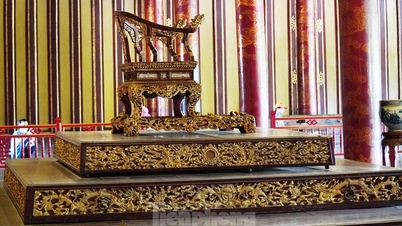




















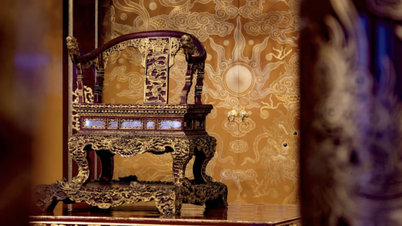




















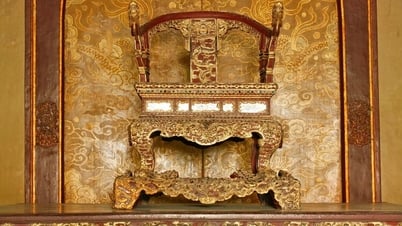















Comment (0)